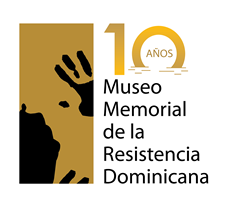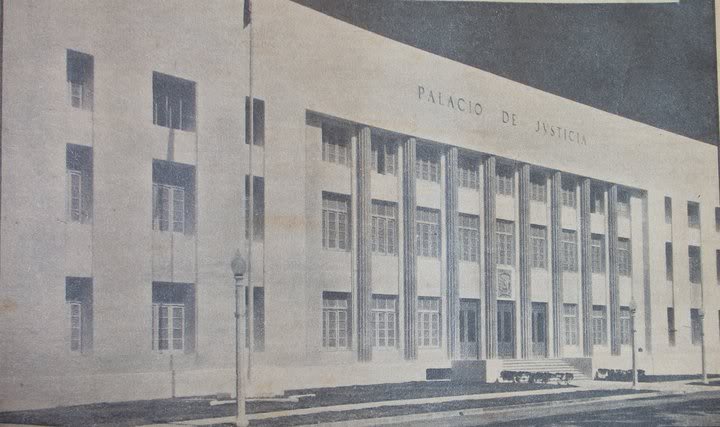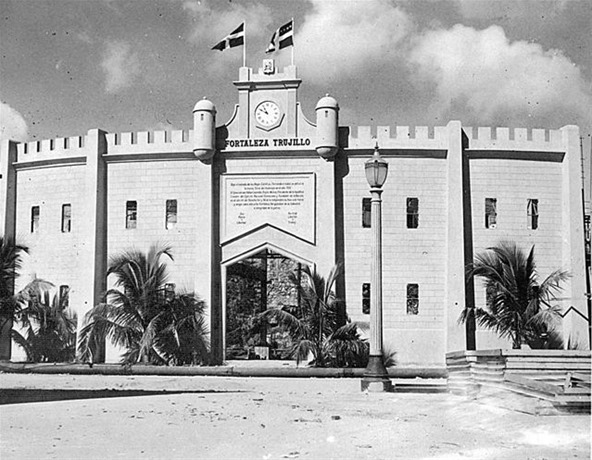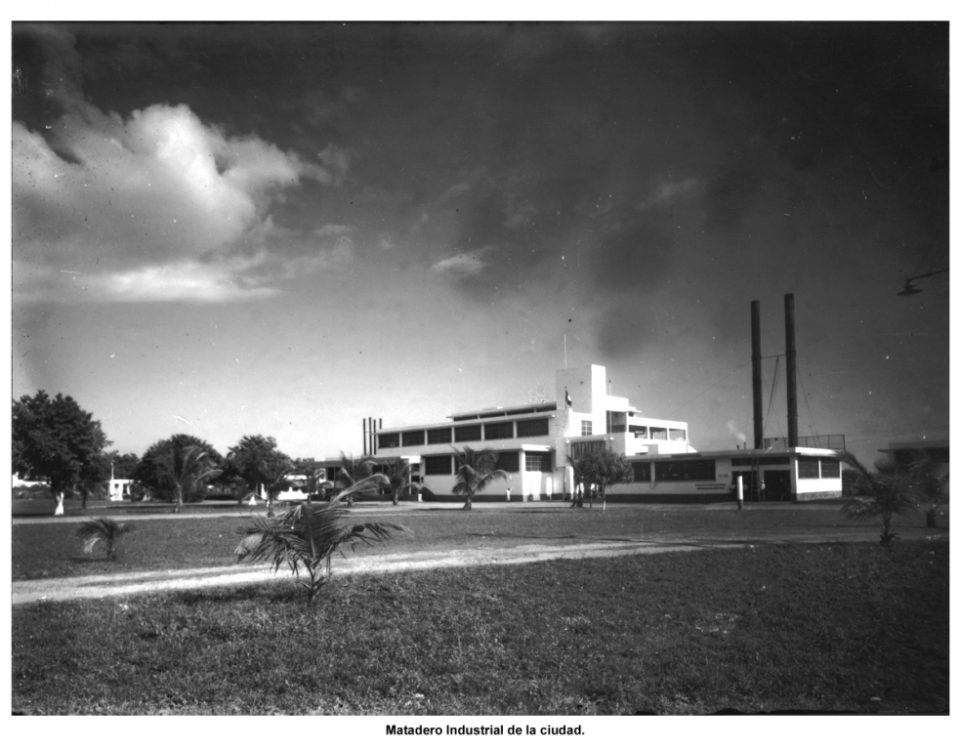The Beginning. The Dominican exile organizes itself
El principio del fin de la dictadura de Trujillo. La Expediciones de Junio de 1959
February 22, 2017Dominican Liberation Movement
February 22, 2017By the second half of the 1950s, an atmosphere of libertarian ferment had been created in the Caribbean region as a result of the fall of several dictators: Rojas Pinilla in Colombia (1957), Marcos Pérez Jiménez in Venezuela (1958) and Fulgencio Batista in Cuba (1959). Dominican exiles understood that Trujillo should be next.
Many of the Dominican exiles residing in Venezuela had participated in the struggles waged to overthrow the dictatorship of Pérez Jimenes, thus assuring the future support of that nation for the Dominican cause of the provisional government of Wolfgang Larrázabal and the elected president Rómulo Betancourt.
The Dominican Patriotic Union was founded in Venezuela, constituted in the house of Rinaldo Sintjago, in February 1958, barely a week after the end of the dictatorship in that South American country. In order to achieve its democratic ideals, this non-partisan organization decided to collaborate with the Cuban guerrilla, contributing with money and weapons to Fidel Castro, old companion of the Dominicans in the frustrated expedition of Cayo Confites, maximum leader of the insurrection against the dictator Batista, with that purpose Enrique Jimenes Moya was designated as special envoy, who joined the struggle of the Cuban people reaching the rank of captain. All of the above contributed to the fact that, after Batista's dictatorship was defeated, the revolutionary government led by Fidel Castro authorized the installation of training camps for the Dominicans on that sister island.
The struggle to put an end to the Trujillo dictatorship quickly gained expressions of solidarity and support from democrats from various nations: 22 Cubans, 13 Venezuelans, 5 Puerto Ricans, 2 Spaniards, 2 Americans and 1 Guatemalan.




